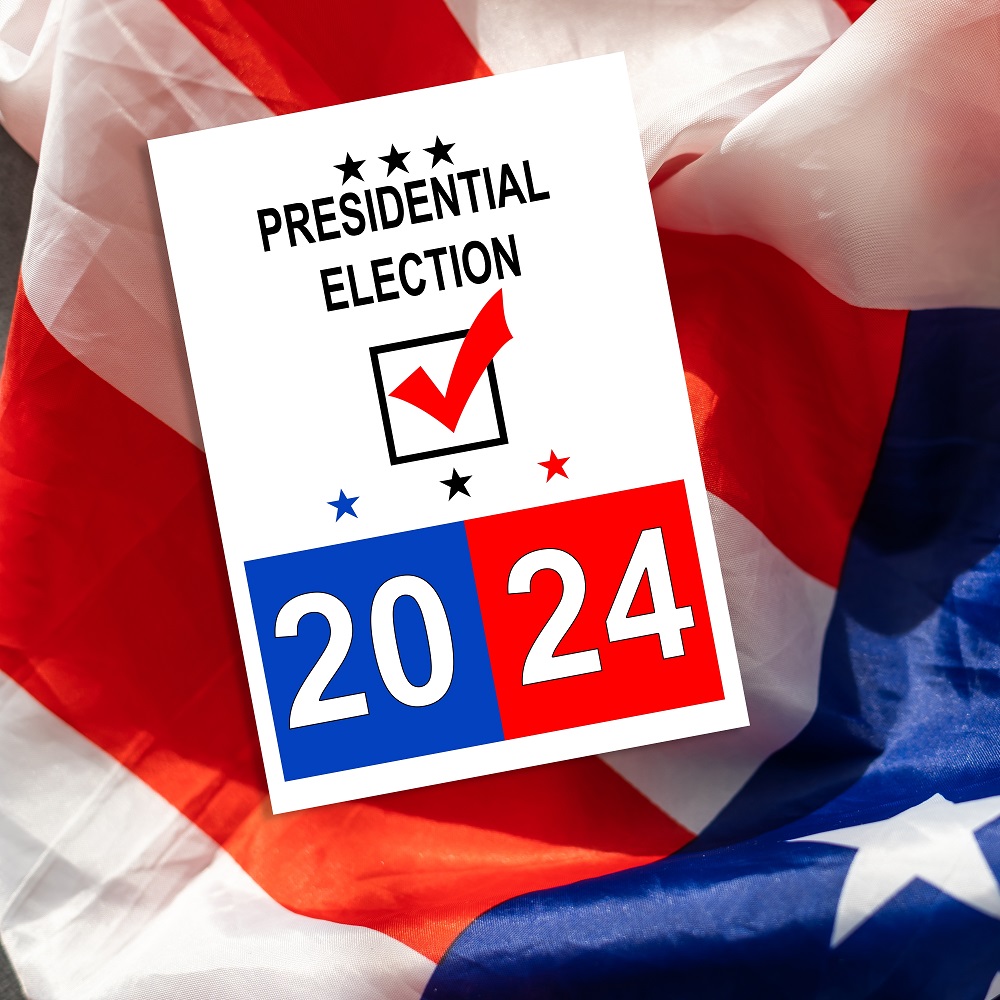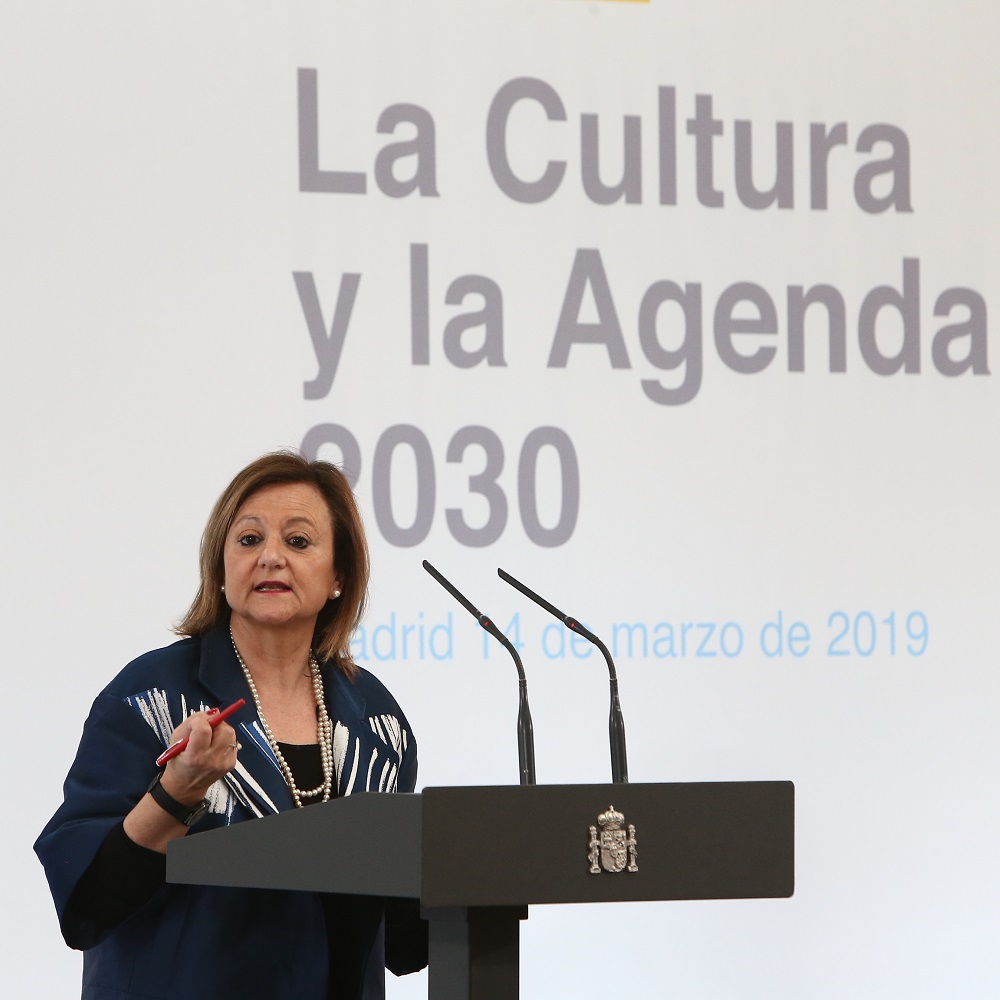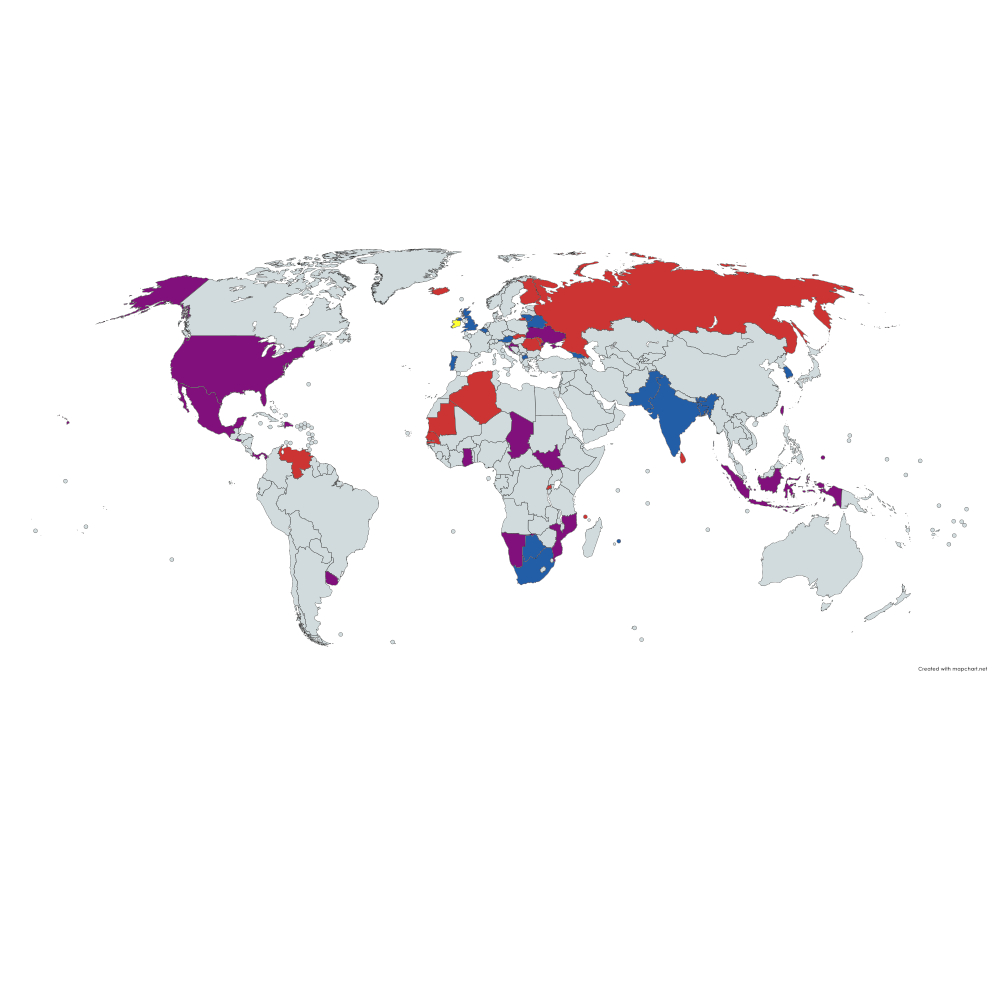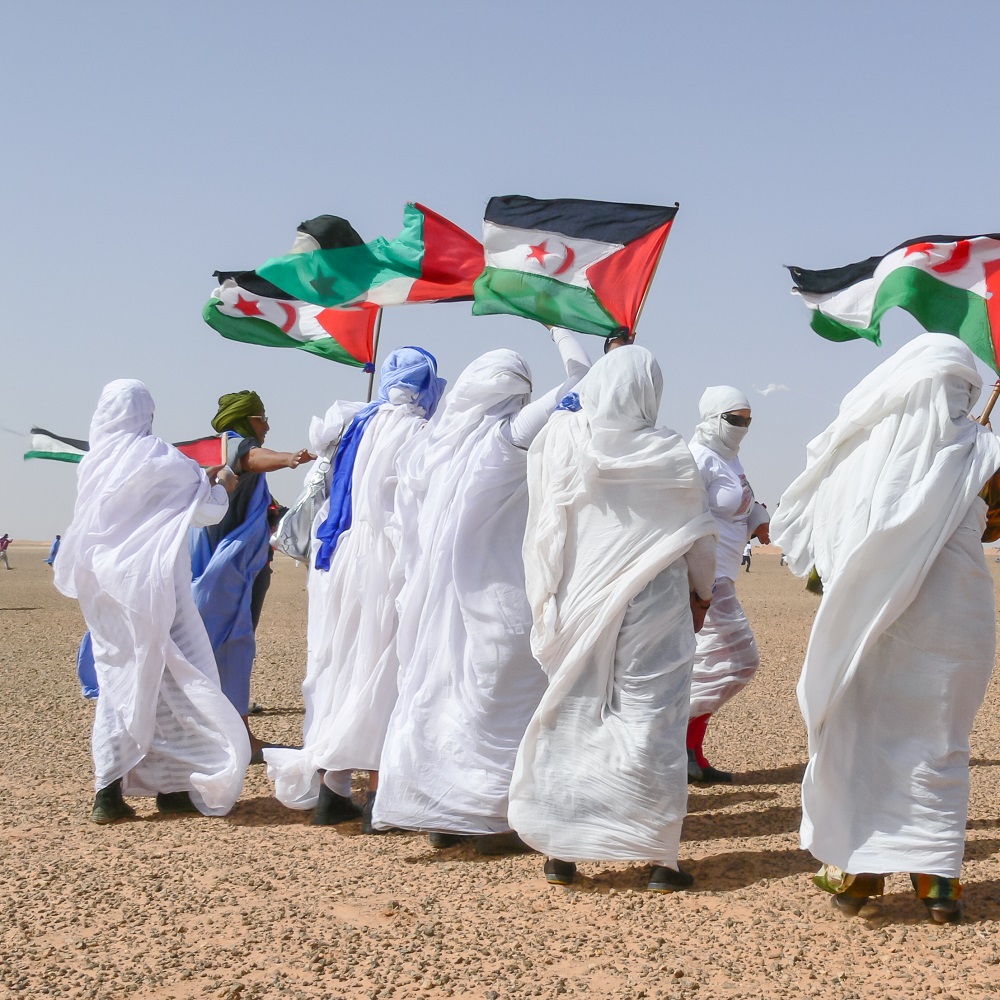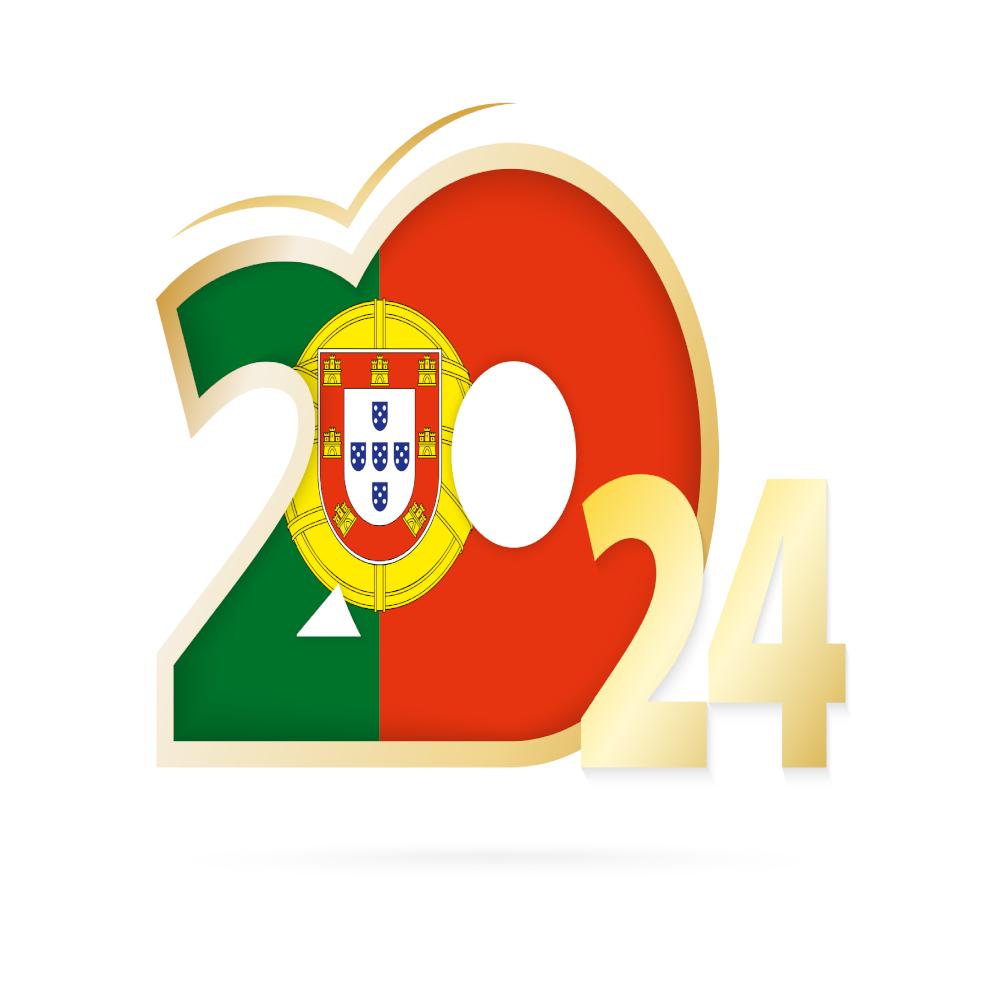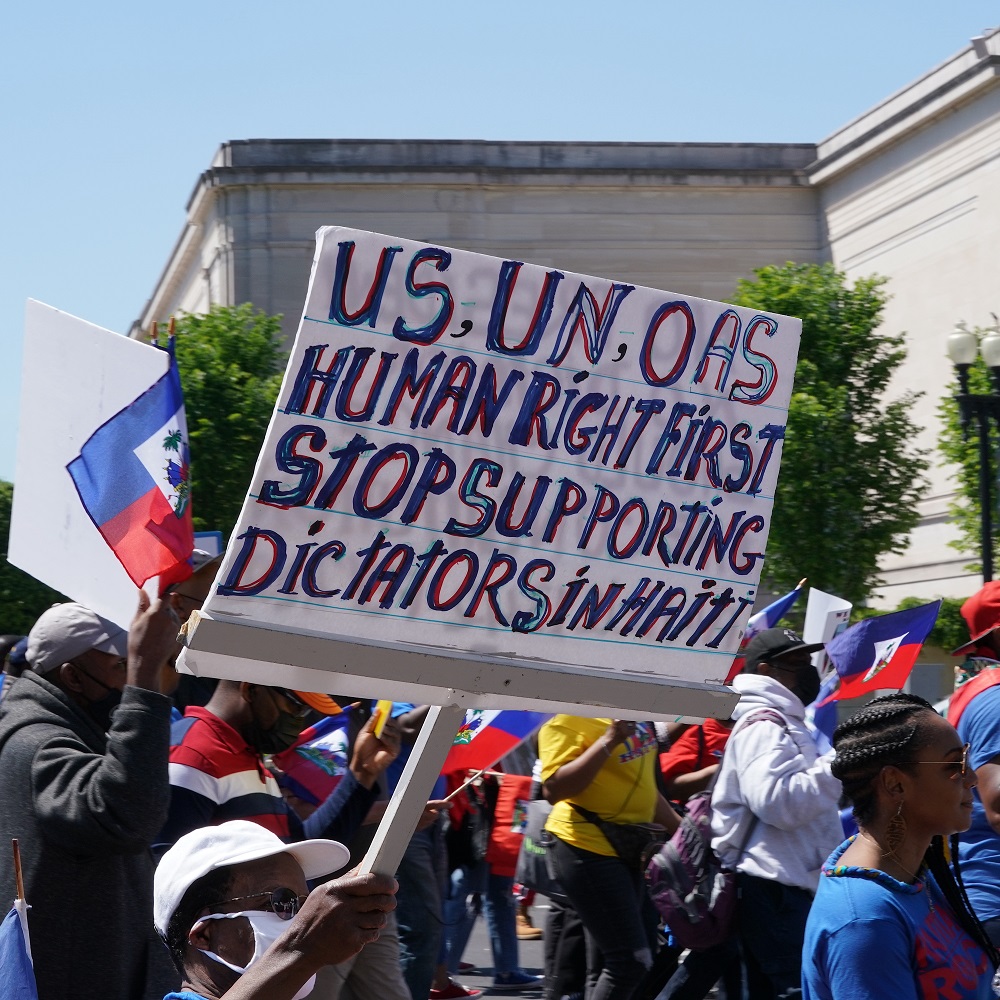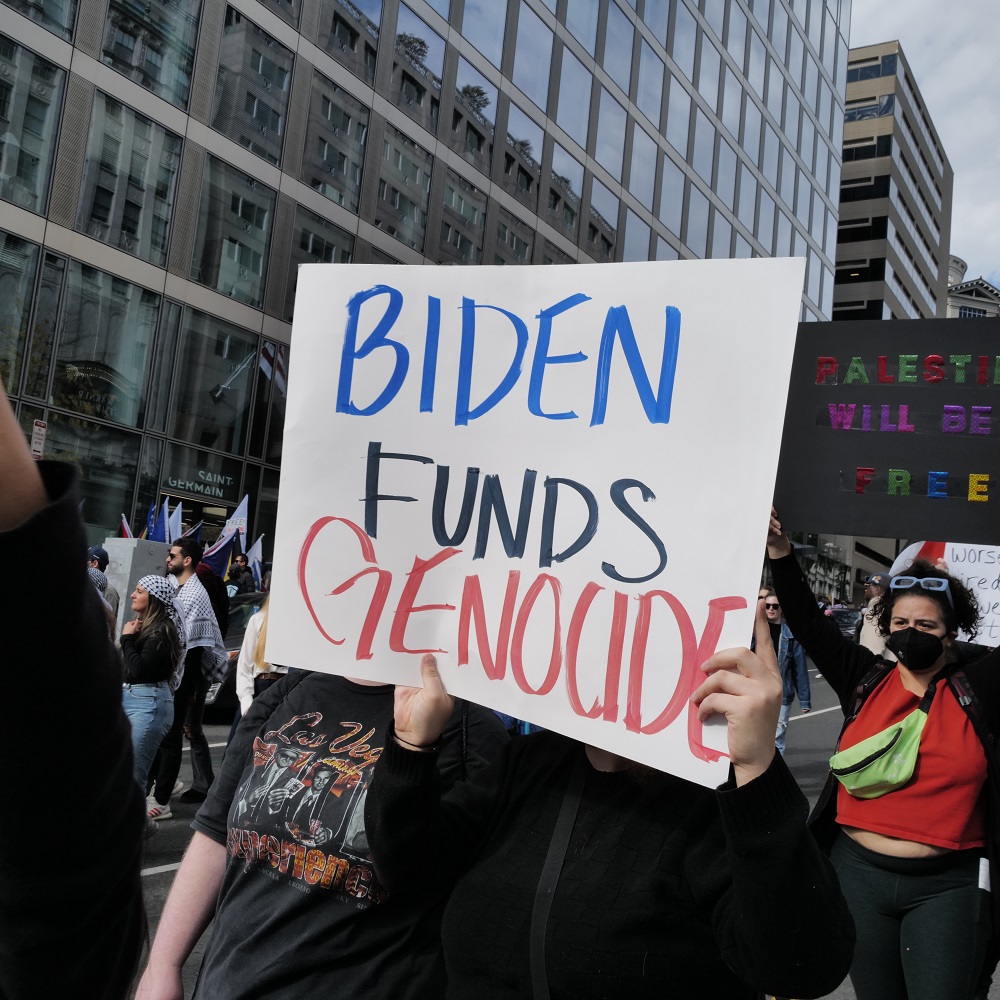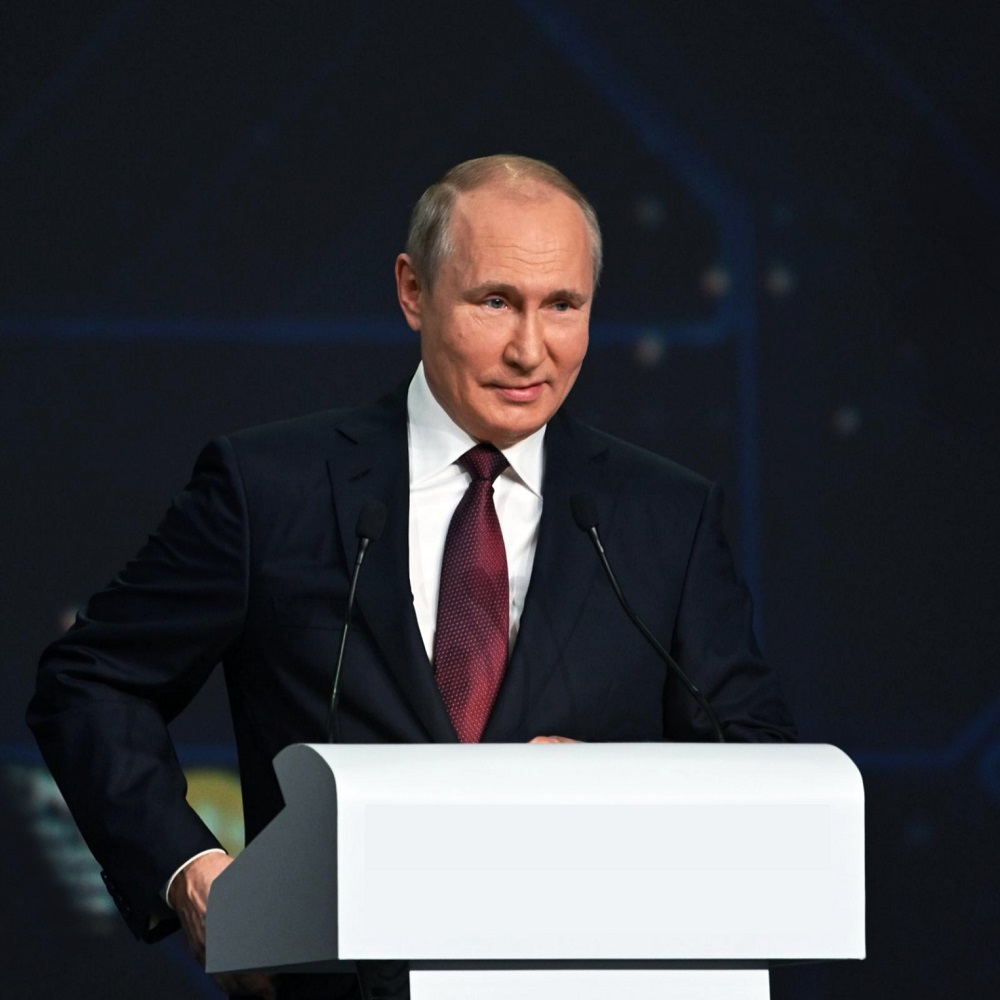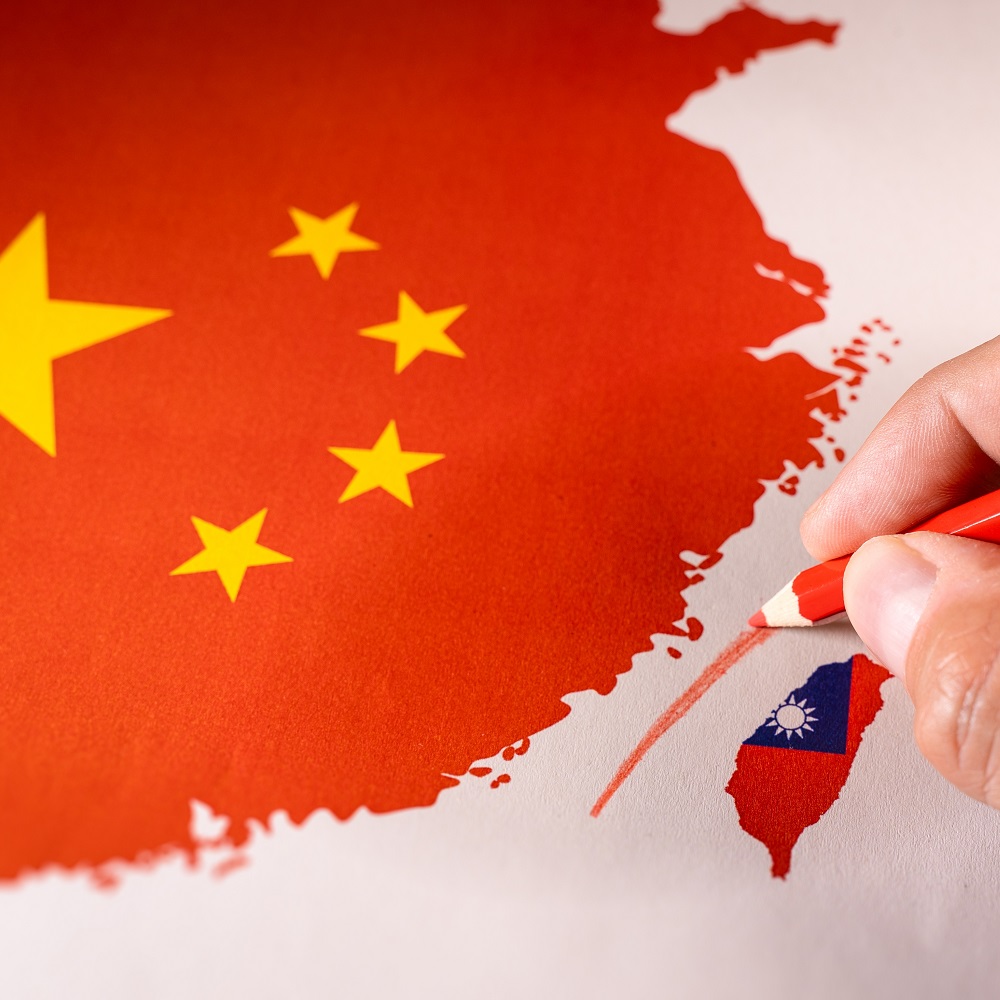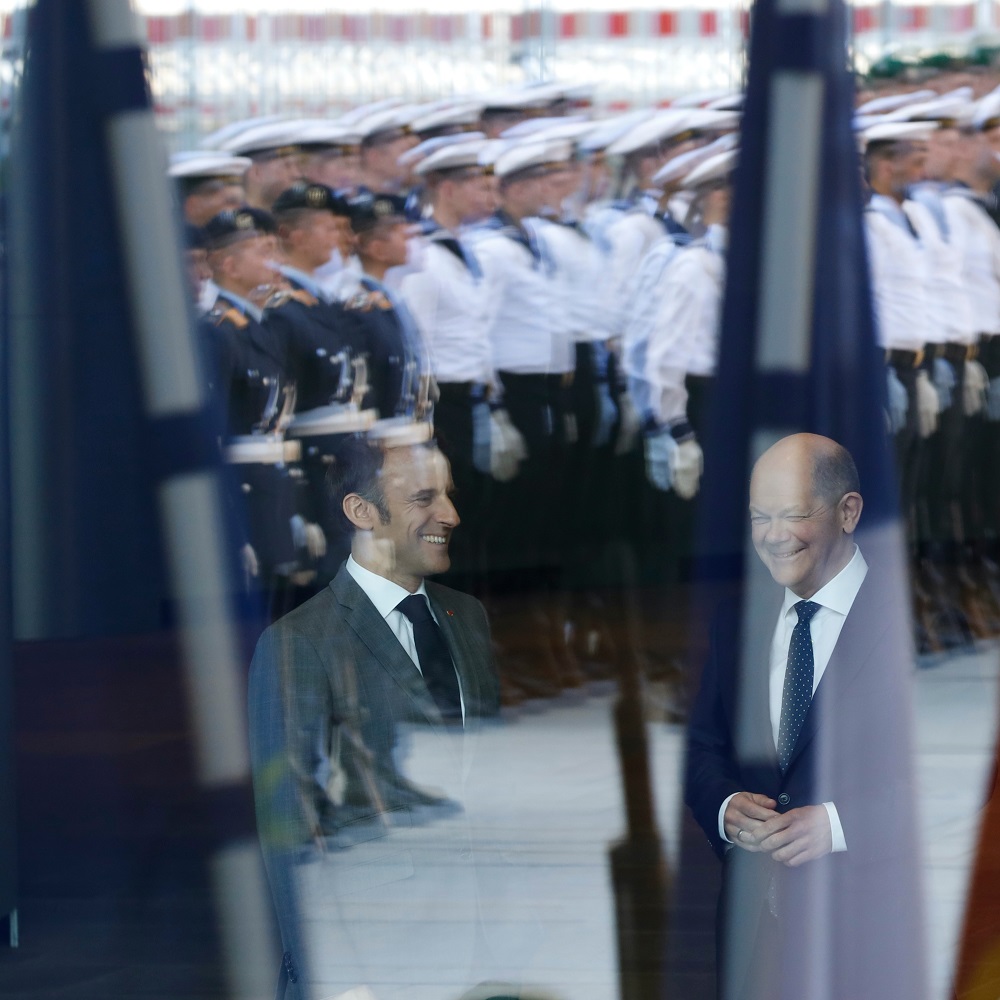
The French - German tension
by Juan Antonio Sacaluga
That there is a miscommunication between Paris and Berlin is something that is already being unreservedly acknowledged even among the power leaders in the two capitals. The rift caused by the war in Ukraine is the arena in which tensions are being played out. But there are underlying factors that have contributed to making this gap a major concern for the European stability. We point out the following: The strategic factor Geography determines strategic choices. Germany has always looked to the East as a pole of concern, but also as a pole of opportunity. The former has almost always outweighed the latter. Wars have historically conditioned coexistence with Rusia, regardless of the political regime that has existed in each historical stage. There is one incontrovertible fact: Germany has never won a war against Russia. On the other hand, when talking about peace, German interests have prevailed. Hence in Berlin (or in Bonn, during the first Cold War) there has always been a tendency towards appeasement towards Moscow. Earlier, Hitler wanted to postpone the inevitable confrontation with Stalin’s Russia with a tactical, not a strategic pact (in 1939), a move to gain time and consolidate his domination of Western Europe. With the victory of the Soviet Union, Germany endured the division of the country for almost half a century, a punishment even more humiliating than the previous ones. The western part prospered, and the eastern part stagnated. However, this underhand triumph did nothing to facilitate the reconciliation. Willy Brandt understood this very well when he launched his ‘Ostpolitik’ (Eastern policy) in the early 1970s. The initiative caused concern in Washington, not so much because it was opposed to a thaw it shared, but because of the risk of losing control of the process. There was also some reluctance in Paris. De Gaulle and his heirs had always maintained an open channel of cooperation with Moscow but were distrustful of German overtures. With the crisis of the Soviet system, Franco-German tensions surfaced again. A united and strong Germany awakened the ghost of three devastating wars for France. The Chancellor at that time, Kohl was Gorbachev’s main supporter and acted as a fundraiser for a Soviet Union that was falling apart at the seams. Germany’s repeated commitment to peace and European integration did not seem to be a sufficient antidote to the vision of an Eastern Europe, ‘germanized’ by the economic weight of the new political and territorial power. Germany’s actions in the Yugoslav wars, initially perceived in Paris as ‘dynamiting’, contributed to increase those fears. After the failure of the democratization trial in the ‘new’ Russia, largely caused by a predatory capitalism encouraged from the West, Germany continued to cultivate very close relations with Moscow to prevent an undesirable drift in the Kremlin. Until the successive crises in Ukraine have brought this strategic project to a halt. In France, there has always been an interest in an autonomous relationship model with Moscow, whether in collaboration with Germany or the United States, but in no way subordinate. Gaullist nationalism has survived, both on the right and on the left. Somehow, the French elites have tried to avoid Paris from playing a secondary role in relations with the Kremlin, whether in cooperation or confrontation. Hence Macron (‘more papist than the Pope: more Gaullist than the General’), will attempt a risky mediation game with Putin after the phantom intervention in Crimea and the more obvious one in the Donbas, in 2014; and eight years later, when the invasion of Ukraine was consumed. There has been much speculation about the true intentions of the French president’s trip to Moscow. Macron is anything but naive. Perhaps it was indeed the inevitable need of the Elysée Palace to leave its mark. Now that any conciliation with Moscow seems distant, Macron takes the lead among the ‘hawks’ and pretends to forget that he once wanted to look like a ‘dove’, by suggesting that, although there is no allied consensus, sending soldiers to Ukraine cannot be ruled out to prevent a Russian military triumph. Of all Macron’s gambits, this has been the most or one of the riskiest. And the one that has provoked the most irritation on the other side of the Rhine [1]. Since February 2022, Germany has buried the various branches of the ‘Ostpolitik’, a task falling to a Social Democratic chancellor, perhaps the most unremarkable and least suited for high-level leadership. Olaf Scholz announced the ‘zeitenwende’ (translatable as “change of era, or time”). Half a century of rapprochement with Russia was called into question. The economic equation (energy raw materials in exchange for machinery and capital goods) in bilateral relations was dissolving under the weight of Western sanctions against Moscow. Moreover, the pacifist post-Hitler Germany committed to a military effort of $100 billion (to start with), aimed rejuvenating, strengthening, and expanding the Germany military apparatus. But in everything there is a limit, or a red line. Germany has not been shy with Putin, despite being the European country most harmed by embargoes, limitations and constraints in the Russian oil and gas consumption. Economic war was accepted as inevitable in Berlin. However, caution has been exercised, particularly in the supply of arms to Ukraine. Nonetheless, Germany is, after the United States, the largest net contributor to Kiev’s arsenals [2]. Let’s not forget that. France has also taken its precautions in pressuring the Kremlin, as has the US, despite the rhetoric and the cold war propaganda prevailing for the past two years. That is why Macron’s latest ‘provocation’ has annoyed Berlin so much. Moreover, as usual in his boasts, the French president added insult to injury by suggesting that Ukraine’s delicate fragility demanded more “courage” and less timidity from the allies [3]. Scholz replied with diplomatic and bureaucratic discretion, without any outbursts, recalling that NATO’s decisions ruled out ‘boots on the ground’ (sending troops to Ukraine). But his Defense Minister, Pistorious, could not resist returning the favor and admonishing him for his new moral lesson. The foreign ministers of both countries attempted to ‘diplomatically’ solve the crisis days later, but did not risk holding a joint press conference in order not to show that the political wound between Berlin and Paris was still open. The leak of a meeting of senior German military commanders, spied on by Russian agents, further clouded the atmosphere [4]. Another element unchanged since the Cold War: Berlin may support the European autonomous defense project, but it has never ceased to consider it as subordinate to NATO. The American nuclear umbrella is untouchable, then and now. And not even an eventual (and only speculative, for now) strategic availability of the French nuclear arsenal is capable of changing that axiom [5]. Political factors Apart from strategic considerations, domestic political factors have also played a role in this latest crisis. Macron faces the European elections with the apprehension of a seemingly inevitable victory of the far-right ‘Rassemblement National’. It was once considered a pro-Russian party and even generously funded by the Kremlin. In recent years, the party’s chairwoman has tried to distance herself from the Kremlin but has not entirely succeeded. And Macron wants to exploit this supposed vulnerability of a woman he has defeated twice in the presidential elections, but who seems destined to occupy the Elysée Palace in 2027 if she achieves successful results in this year’s European elections. In this week’s parliamentary debate on the bilateral security agreement with Kiev, Marine Le Pen ordered an abstention. She made it clear that she supports the Ukraine resistance, so that there would be no doubt about her change of attitude towards Russia. But he saw in the initiative of the President’s party a clear intention for electoral gain. Divisions were evident on the left: rebels and communists voted against, while socialists and ecologists voted in favor, but the latter rejected the suggestion of troops deployment. Scholz also faces a challenge from the far right, with elections this autumn that could consolidate the dominance of the AfD (Alternative for Germany) in the eastern states (Eastern Länder). This party has won over citizens who do not have such negative memories of the GDR, but in its rise, it has also bitten into the social democratic base. The chancellor does not want to appear too hostile to an electorate that does not participate in the anti-Russian discourse. Institutional factors In this Paris – Bonn clash, as in previous ones, the structure of the respective political systems also exerts a disturbing influence. The French political system is presidential; the German one is parliamentary. In France, the President has exclusive and personal authority over foreign policy. He does not even need his own majority (in this case, the minority that supports him) to formulate his international proposals. In Germany, by contrast, the Chancellor has to negotiate foreign policy with the coalition partners, and even on rare occasions when there has been a single-party majority government, the Bundestag has exerted considerable influence. Personal factors Finally, personal style is also not to be dismissed. It is not unusual for the Elysée Palace and the Chancellery to be inhabited by like-minded characters. The French President is conditioned by the aura of a political system that relies on an exalted figure and demands real, but also impactful, leadership. Both being and appearing so. The Chancellor, on the other hand, is a sort of ‘primus inter pares’, no matter how prominent. Therefore, since 1945, the personal stature of German leaders has always been framed in firm structures that prevent hyper-leadership. It is the Chief’s (Fuhrer) chastisement. This limitation (historical and political) is sometimes reinforced by a purely personal style. At present, the gap is perhaps the widest in the last eighty years. A French President who likes to talk and a Chancellor who is perhaps the most discreet since the post-war period. De Gaulle and Adenauer cultivated little personal relationship, but neither intended to. Pompidou and Brandt never got along particularly well, although the German took great care that his growing popularity did not irritate in Paris… until the Guillaume scandal ended his career. Giscard and Schmidt gave their cooperation a technical character, forced by the oil crisis following the wars in the Middle East. Mitterrand and Kohl raised the tone of the bilateral relationship but did not always adjust their personal dynamics. The German was the longest-serving post-war chancellor and so, the most mediatic, but the Frenchman never renounced, on the contrary, the solemnity with which the office was exercised. Merkel played down Sarkozy (and later Hollande), but not to highlight her personal qualities, but to put them at the service of Germany’s undisputed economic leadership in post-Cold War Europe. Macron wanted to put an end to this French ‘inferiority’, with difficulty. It is not clear that he succeeded against a retreating Merkel, but he thinks he has it easier with the unremarkable Scholz. Notes [1] “France-Allemagne, un tándem secoué par l’épreuve de la guerre en Ukraine”. PHILIPPE RICHARD & THOMAS WIEDER. LE MONDE, 9 de marzo. [2] “German Chancellor pledges to boost [ammunition] production for Ukraine”. DER SPIEGEL, 5 de febrero (versión en inglés). [3] “Le débat sur l’envoi de soldats en Ukraine révèle les profondes differences de vision de la guerre parmi les allies”. LE MONDE, 6 de marzo. [4] “Now It’s Germany’s turn to frustrate Allies over Ukraine”. THE NEW YORK TIMES, 4 de marzo. [5] “Dans cette nouvelle ère où l’affrontement a remplacé la cooperation, la question de la dissuasion nucleaire reprend tout son sens”. SYLVIE KAUFFMANN. LE MONDE, 7 de febrero.









